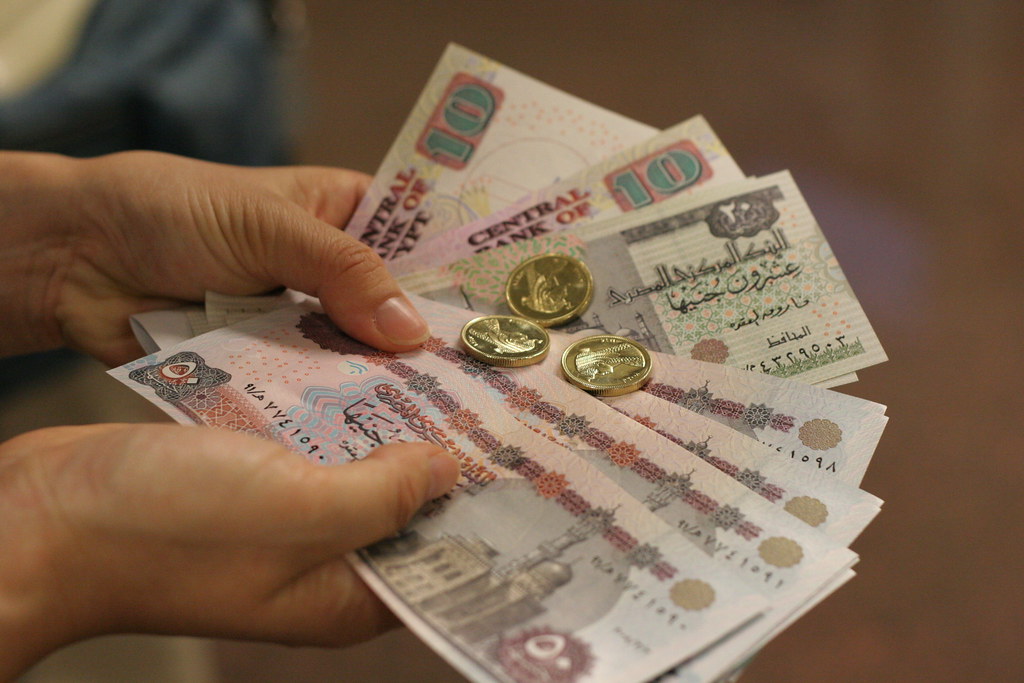
Former Assistant Finance Minister Sherine al-Shawarby on Tuesday announced that a new devaluation for the Egyptian pound is expected after the upcoming presidential elections, which will lead to an exacerbation of debts.
Her remarks during a session titled “Alternatives to Reducing Public Debt and Maximizing Interest from Internal and External Borrowing,” held by the Public Debt and Budget Deficit Committee of the National Dialogue.
“We need to change our policy with the aim of adopting clear policies that give signals to the citizen that the state will manage the debt file in the usual manner so that we do not fall into a bigger problem,’ she said.
“We must admit that the situation is not reassuring and there is an actual liquidity crisis.”
Egypt’s domestic debt increased by eight percent in the first quarter of 2023 to reach LE6.86 trillion ($222.18 billion), compared to LE 6.352 trillion in the last quarter of 2022, according to the latest data from the Ministry of Planning and Economic Development.
Based on the data, Egyptian external debt also rose to US$165.361 billion by the end of the first quarter of this year, an increase of 1.5 percent compared to the last quarter of 2022, when it recorded $162.928 billion.
Ongoing devaluation
US investment bank Morgan Stanley anticipates that the Egyptian pound’s exchange rate against foreign currencies will further decline during September or October – around the time of the first and second reviews of the International Monetary Fund.
The bank indicated that progress in the IMF program would be important for the Egyptian government, which is seeking to secure financing from the fund – however the first review is still pending.
Floating the exchange rate of the Egyptian pound against foreign currencies is one of the most important conditions of the IMF that was agreed on with the Egyptian government.
Morgan Stanley expects the first and second reviews to be completed between September and December.
Citigroup anticipated earlier in June that the Central Bank of Egypt may resort to delaying the devaluation of the Egyptian pound against the US dollar until at least the end of June, which has prompted traders to lower their expectations regarding the devaluation.
Credit rating institutions are calling on the Egyptian government for a more flexible exchange rate which reflects the country’s external financing needs, according to supply and demand.
A flexible exchange rate is also a major demand of the International Monetary Fund, since it signed a financing agreement with Egypt worth three billion dollars at the end of 2022.




